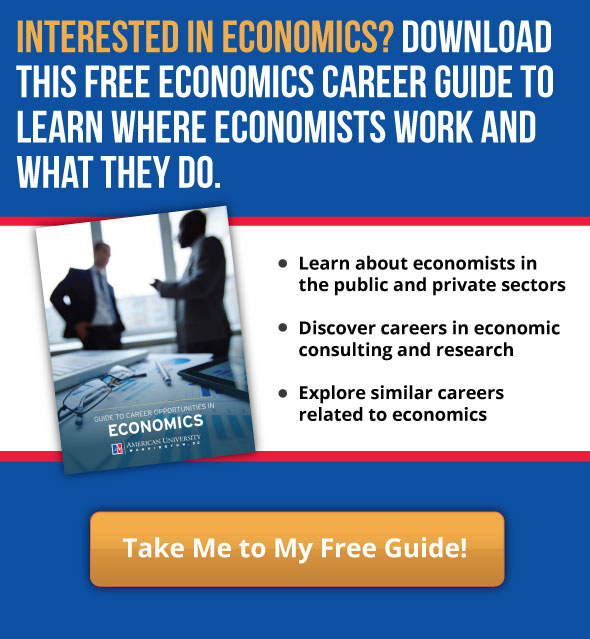 One of the best ways to discover your particular passion in the field of economics is to read a range of books. This list, while by no means an exhaustive study of the best economic texts, contains a mix of classic and contemporary works that will give you a historical understanding of economics as well as an idea of how modern economics are applied today.
One of the best ways to discover your particular passion in the field of economics is to read a range of books. This list, while by no means an exhaustive study of the best economic texts, contains a mix of classic and contemporary works that will give you a historical understanding of economics as well as an idea of how modern economics are applied today.
Introductions to Economics
- Freakonomics, Steven D. Levitt and Stephen J. Dubner
In Freakonomics, authors Steven D. Levitt and Stephen J. Dubner unpack how people respond to incentives by investigating seemingly non-economic subjects like how parents pick names for their children and even how the legalization of abortion could be responsible for a drop in crime. Provocative and entertaining, Freakonomics is a crash course in the populist application of economics. - The Armchair Economist: Economics and Everyday Life, Steven E. Landsburg
Steven Landsburg argues that economics can be boiled down to four words: people respond to incentives. The book gives readers a layman's introduction to economics through incentives and their implications, good and bad, and how all aspects of our life are influenced by them. The Armchair Economist is also a good introduction to the so-called “Chicago school” of economics, of which Landsburg is himself a member. - Naked Economics: Undressing the Dismal Science, Charles Wheelan
If you are looking for a refresher in economics or an introduction to the broad strokes of the subject, Naked Economics is for you. Charles Wheelan starts with one basic premise, that people seek to maximize their utility, and expands into a larger exploration of free market theory and its implications. - Misbehaving: The Making of Behavioral Economics, Richard H. Thaler
In Misbehaving, Richard Thaler examines how the “rational actor” assumption often used in economic theory misunderstands how humans think and act. The book focuses on how human misbehavior has consequences that appear no matter how large or small a decision appears to be. Misbehaving is an impressive account of the major development in behavioral economics over the last half-century.
Fundamental Economics Texts
- Capitalism and Freedom, Milton Friedman
Milton Friedman's iconic work argues that economic freedom is essential to a free and liberal society. Published in 1962, many of Friedman's theories presented in Capitalism and Freedom have since been adopted worldwide. Friedman’s work ranks among the top 100 non-fiction books written in English in the last century, according to Time Magazine. - The Wealth of Nations, Adam Smith
One of the most essential economics texts, The Wealth of Nations forms the underpinning of much of modern economic theory. For many students of economics, Wealth of Nations is the first book assigned in class, but rereading this fundamental text can provide a deeper understanding of both the foundations of economics and its transformation over the last 300 years. - The Affluent Society, John Kenneth Galbraith
Affluent Society offers a contradictory view of the “conventional wisdom” underpinning modern economic theories and principles. John Galbraith argues in his iconic work the conventional wisdom of economics is fundamentally flawed because the theory of economics came into being in the late eighteenth and early nineteenth centuries and is poorly suited to explain the mechanisms of the affluent post-WW2 U.S. economy.
Field-Specific Economics Books
- The Bottom Billion: Why the Poorest Countries are Failing and What Can Be Done About It, Paul Collier
If your interest is working as an economist in international development or with international aid agencies, The Bottom Billion is a must read. Paul Collier challenges the notion that the best way to help the poor in struggling economies is with a cash infusion. Rather, Collier argues, a more hands-on approach is the solution. - The Travels of a T-Shirt in a Global Economy, Pietra Rivoli
For a look at how globalization and free trade impact the cost of goods, look no further than The Travels of a T-Shirt in a Global Economy. Pietra Rivoli's book provides a way to see globalization, a deeply complicated issue, through the production of a single t-shirt. For economics students interested in working in the fields of international trade or monetary policy, Travels of a T-Shirt is a must-read. - Plunder and Blunder: The Rise and Fall of the Bubble Economy, Dean Baker
Plunder and Blunder offers a look at the causes of the housing bubble that precipitated the 2001 and 2007 market crashes. Dean Baker analyzes the causes and effects of the crash, why people ignored the signs of an oncoming economic disaster and what can be done to prevent future financial bubbles.
You can develop quite an impressive understanding of economics on your own, but if you want to develop professional skills that you can apply in the real world, American University can help. Our online Master’s in Economics with a specialization in applied economics gives you all the skills needed to make an impact as an economist.
Request more information or call 855-725-7614 to learn more about our program.




